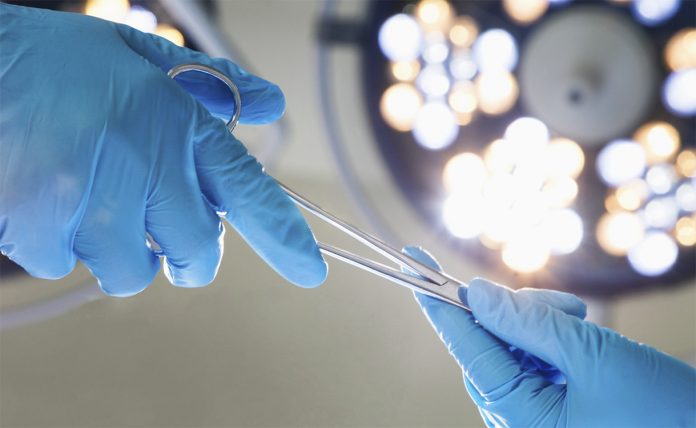
(DoctorFarrah)- Surgery is the oldest treatment for various types of cancer. This process is done by removing the surrounding tumor on a tissue during an operation. Surgical Oncologists doing this treatment aim to diagnose, find, and remove the cancer before it could spread and affect other organs. On unfortunate situations where cancer has reached other parts, it is best to find another treatment which will holistically treat the body. Additionally, cancer of the blood could not also be cured by surgery.
Types of Surgery
For many years, surgery has developed into many types depending on its purpose, where it is needed, how much should be removed, and most importantly, the preference of the patient. There are two major type of surgery: the open surgery and the minimally invasive. In some practices, surgery may not include incisions which are popularly used today in weight loss surgery. However, cut-free surgery is still under clinical trials in treating more serious types of diseases.
Surgeons in an open surgery procedure remove one large cut containing the tumor with some healthy surrounding tissues, and nearby lymph nodes. Minimally invasive procedure, on the other hand, makes a few small cuts instead of a single large part. To perform this, a tiny camera is attached to a tube called laparoscope which is inserted into one of the small cuts which projects images to a monitor. This allows the surgeon to see the actual procedure occurring inside the body.
The Risks of Surgery
Even with the most expert hands, problems may still arise during surgery. Most of these are:
Bleeding.
Any operations are susceptible to bleeding. When things get worse, the need for a blood transfusion may arise.
Infection.
There is a possibility that the wound and chest may get infected. A need for antibiotics may help resolve this.
Leak.
Occurs in the pancreas, bile duct or stomach joint up to the bowels. Also possible for surgeries around this area.
General complications from Anesthetic.
Although this is rare, allergic reactions may also be possible and can cause headaches and shortness of breath to the patient.
Image by Wheeler Cowperthwaite / CC BY 2.0
Copyright 2023, DoctorFarrah.com










